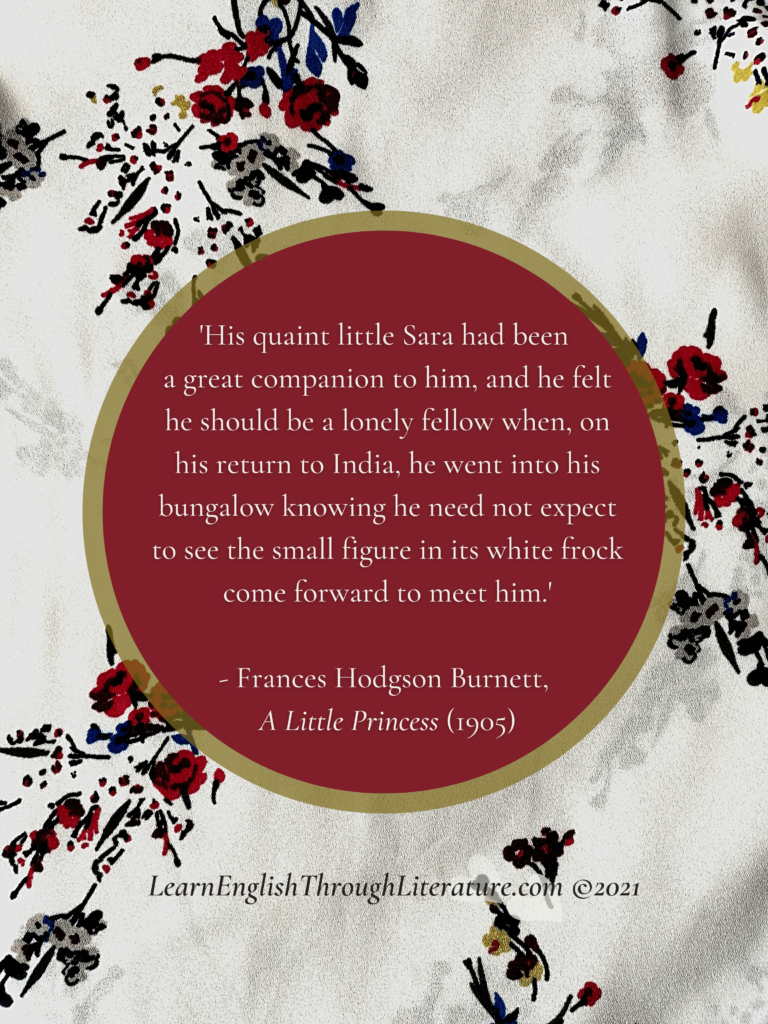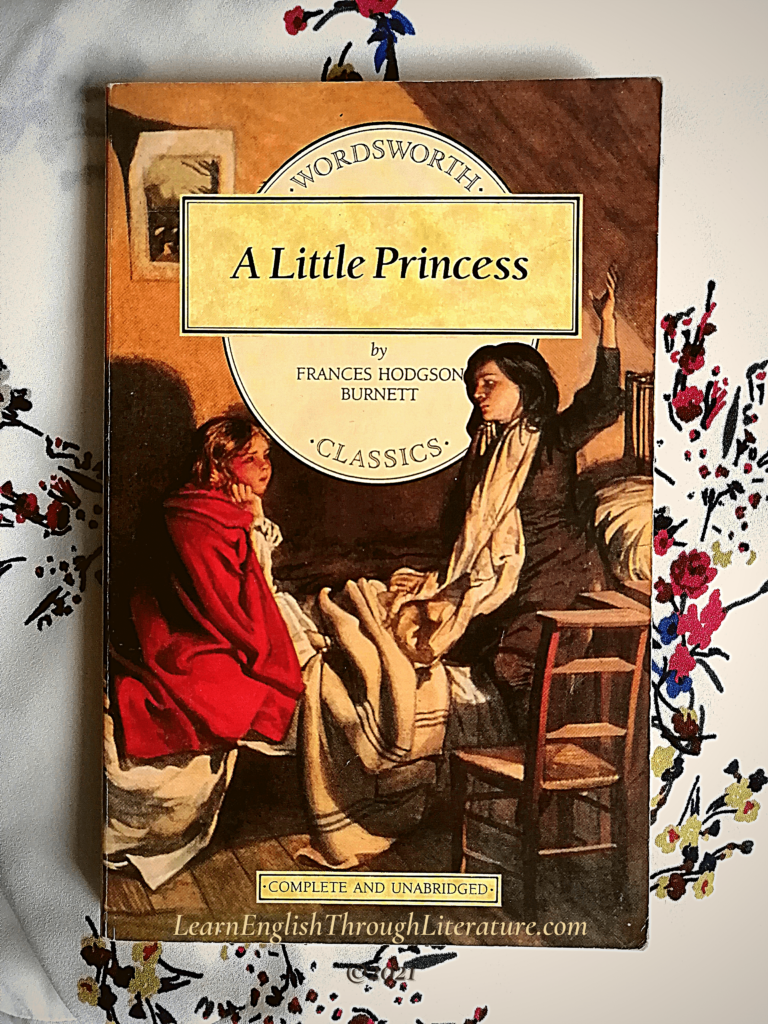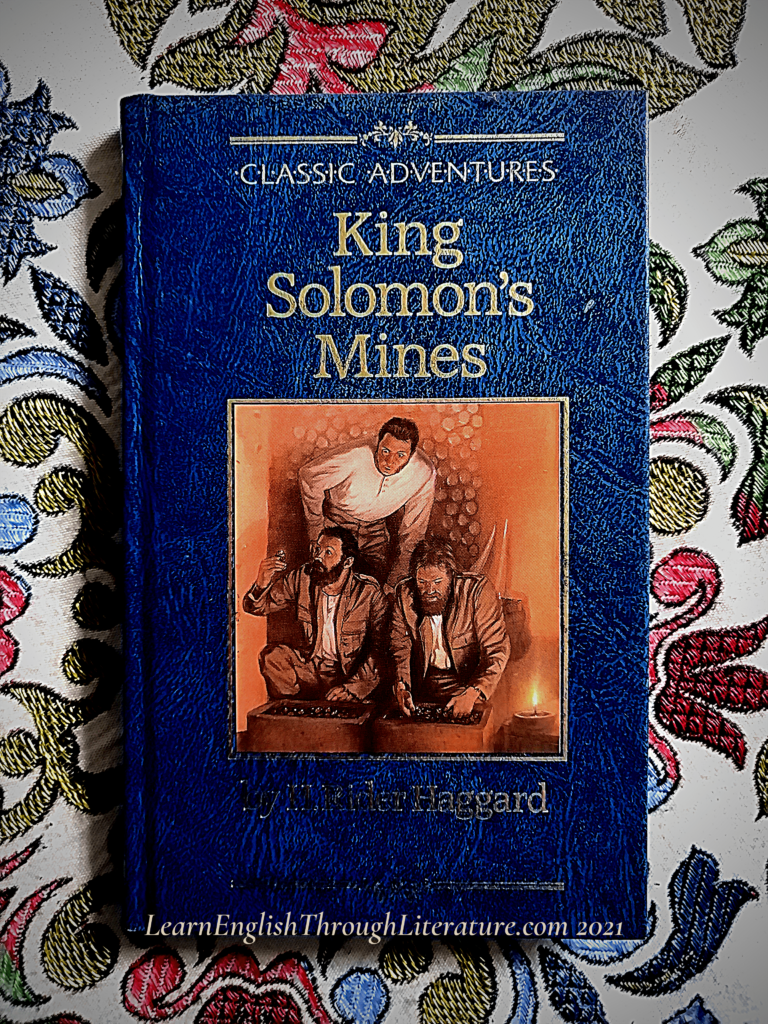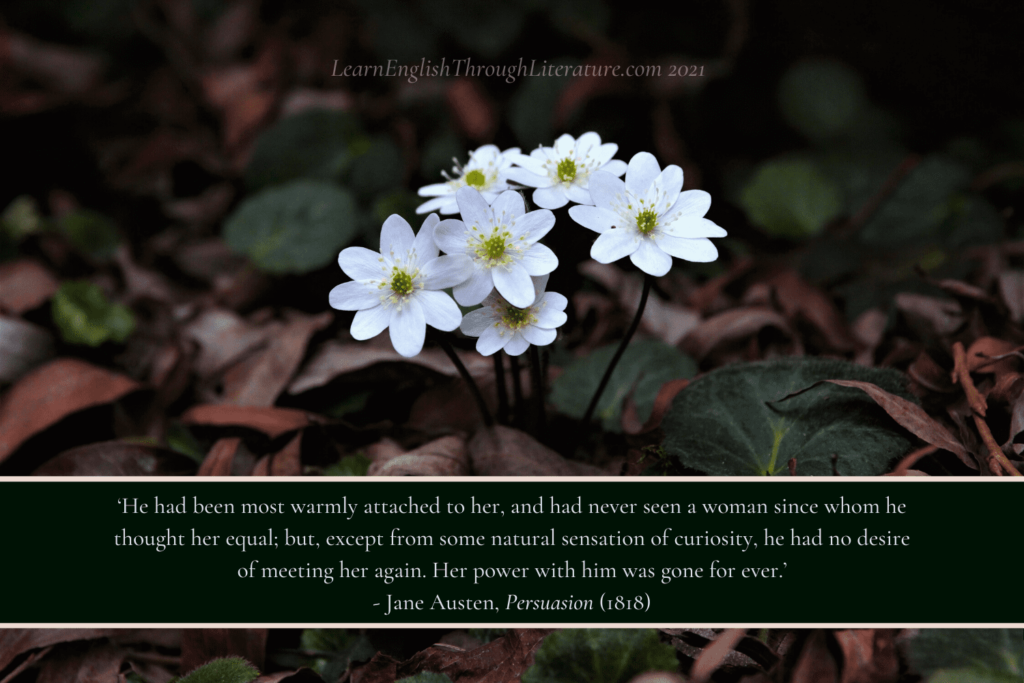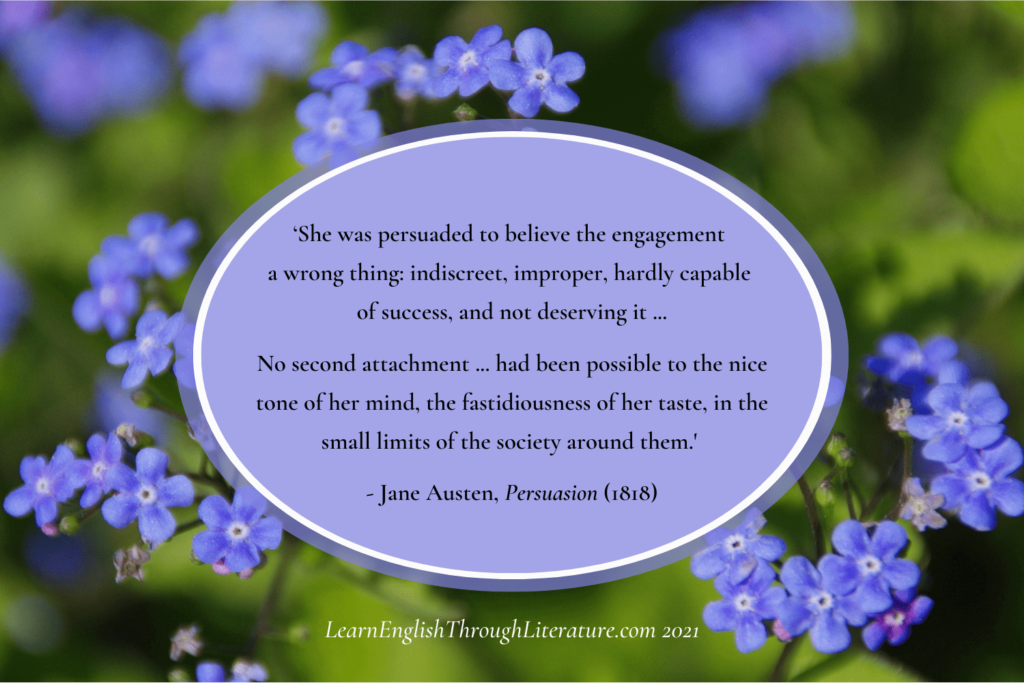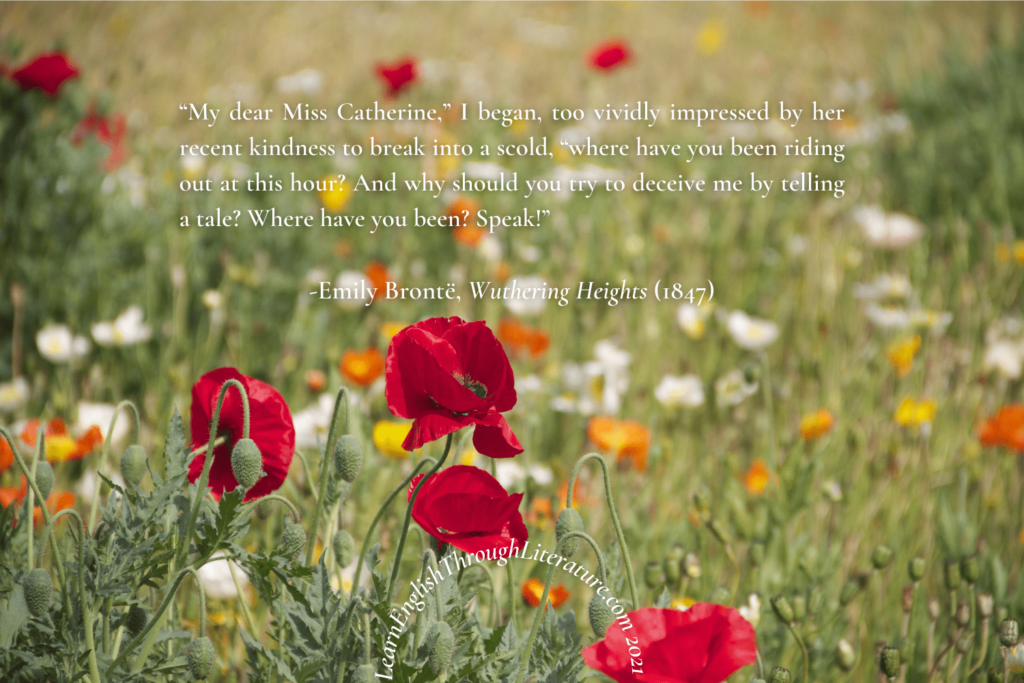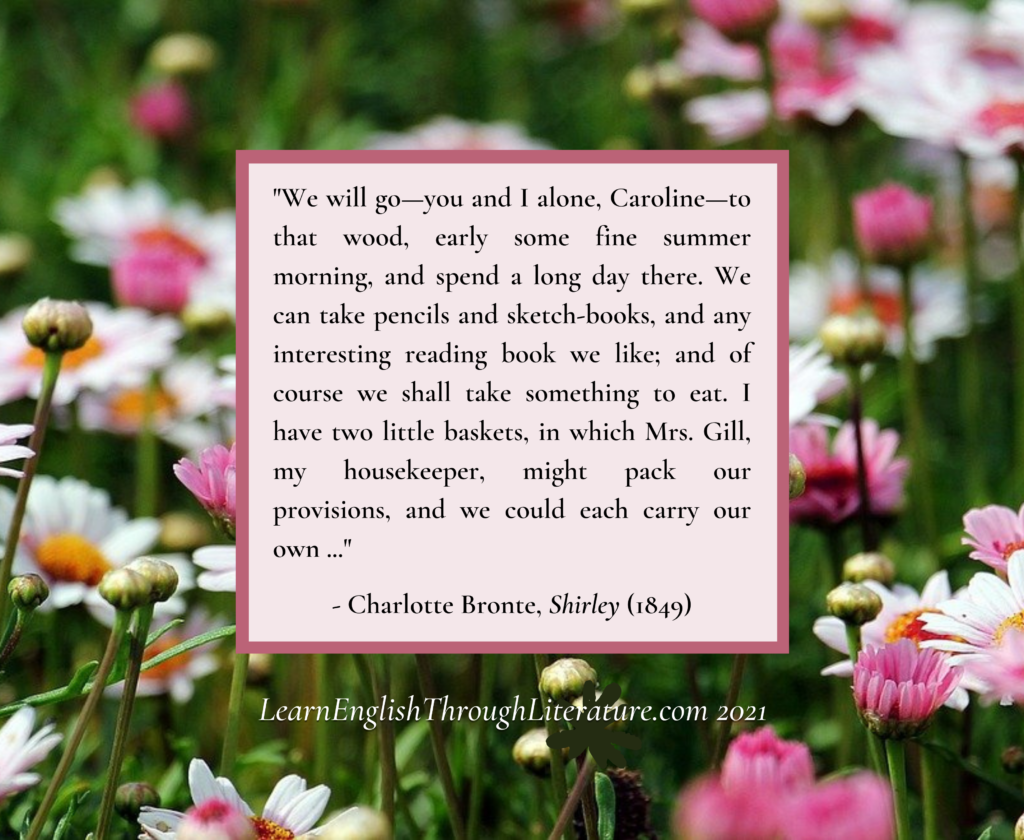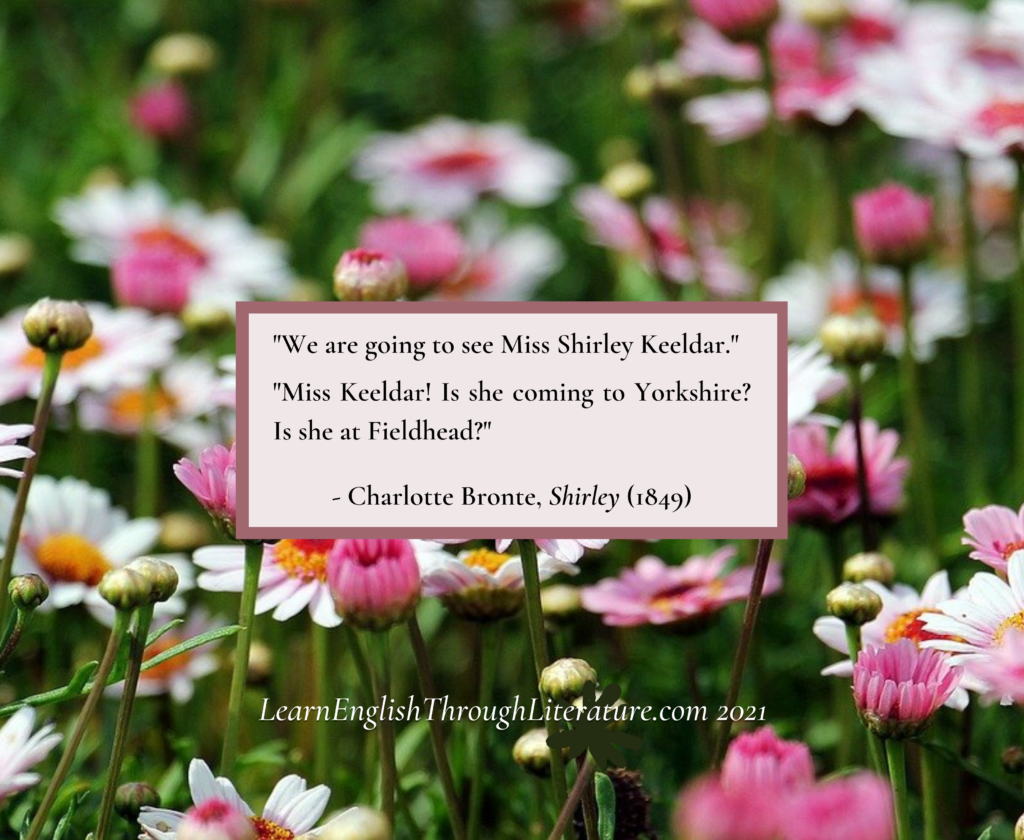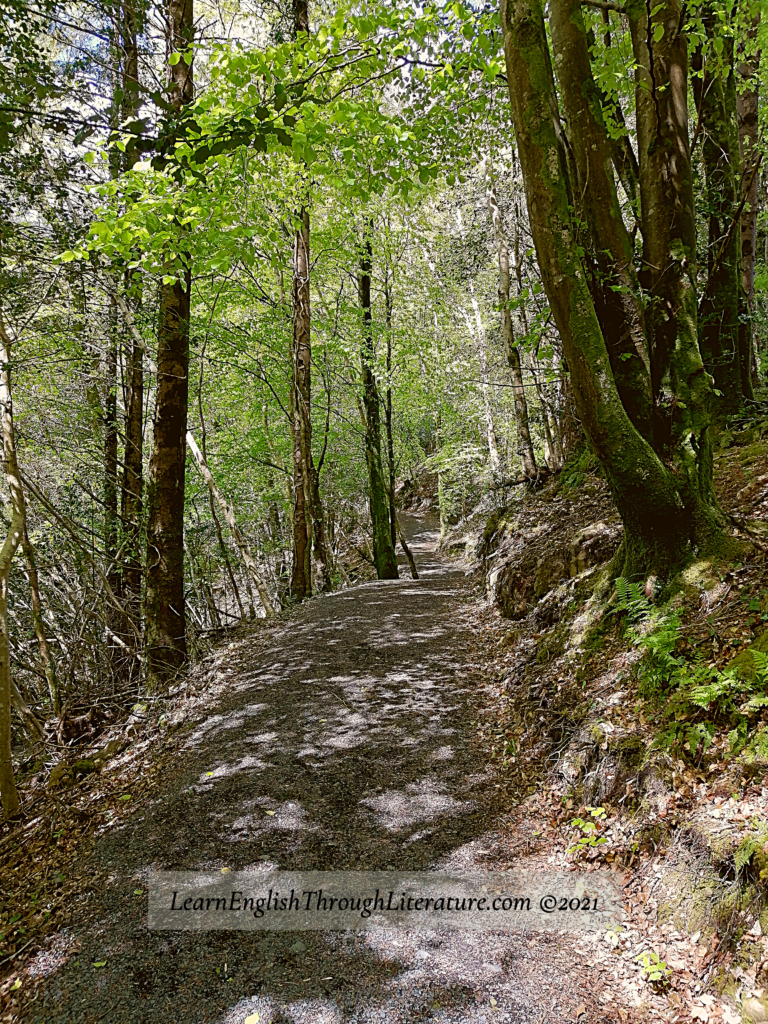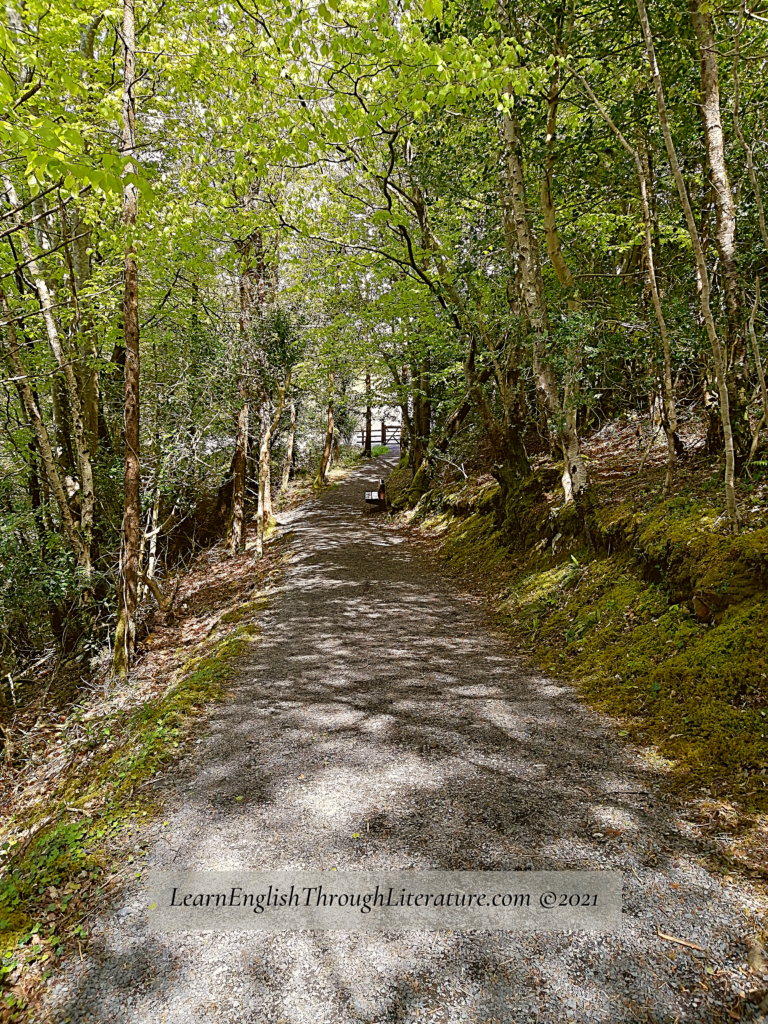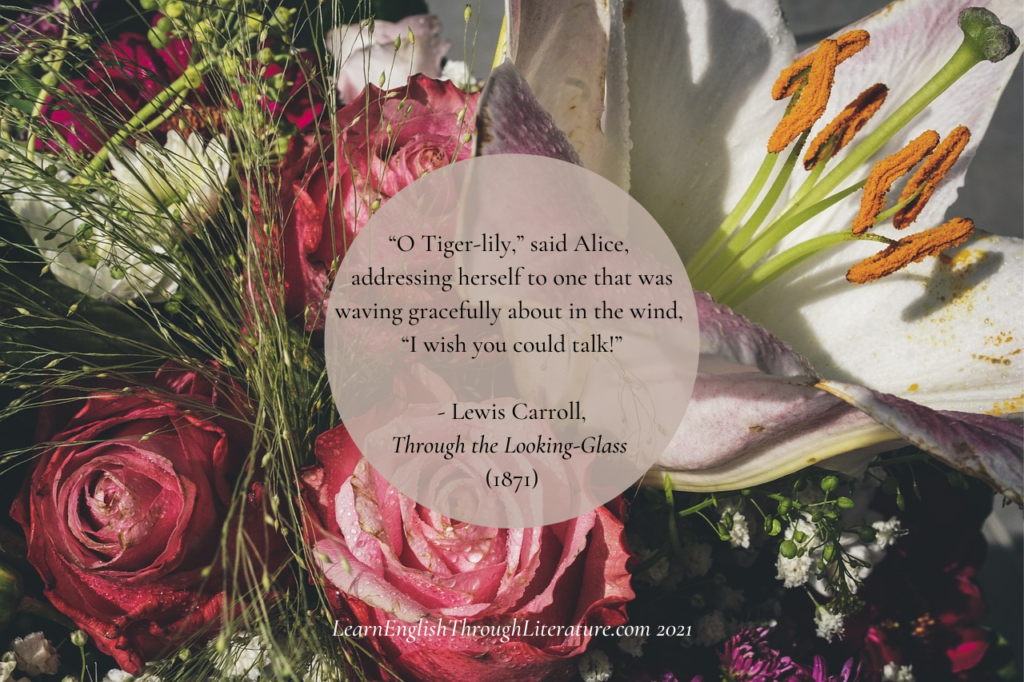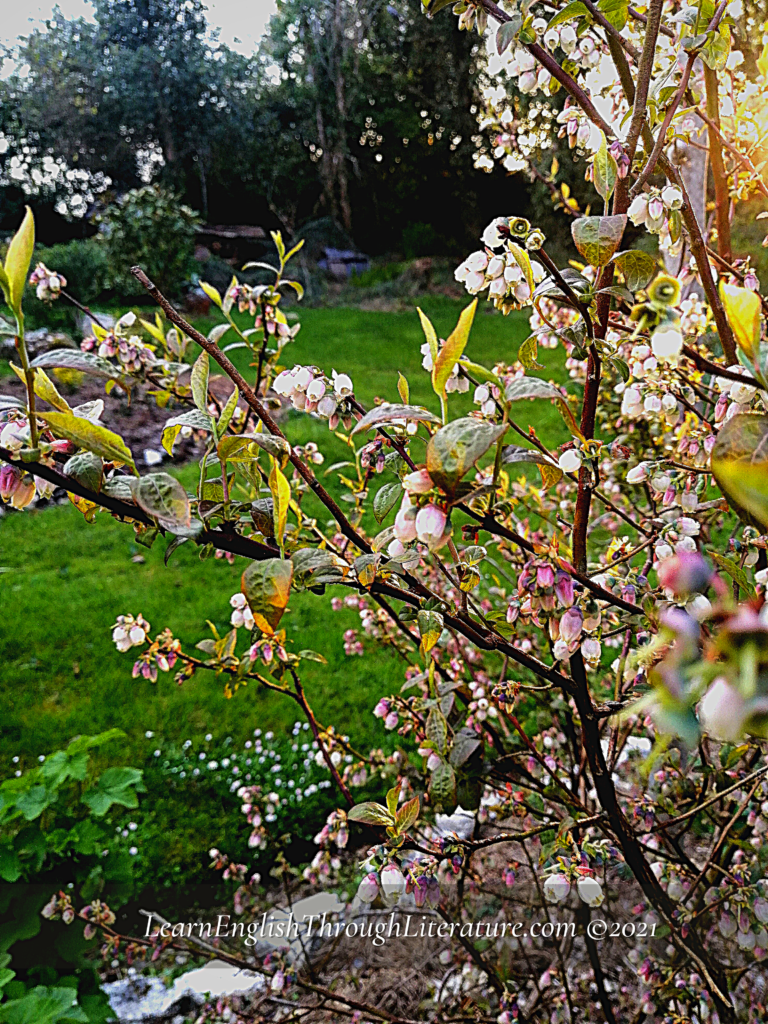Lesson #242 (Part 2): 12 Pairs of Antonyms and Synonyms through Hodgson Burnett’s Children’s Classic
This is Part 2 of our Lesson covering useful pairs of antonyms (words expressing contrast, opposition) and synonyms (words expressing similar meanings) as found in A Little Princess, Frances Hodgson Burnett’s famous children’s classic. We have covered some antonyms in Part 1, and are focusing here on 8 pairs of synonyms that you will find […]

